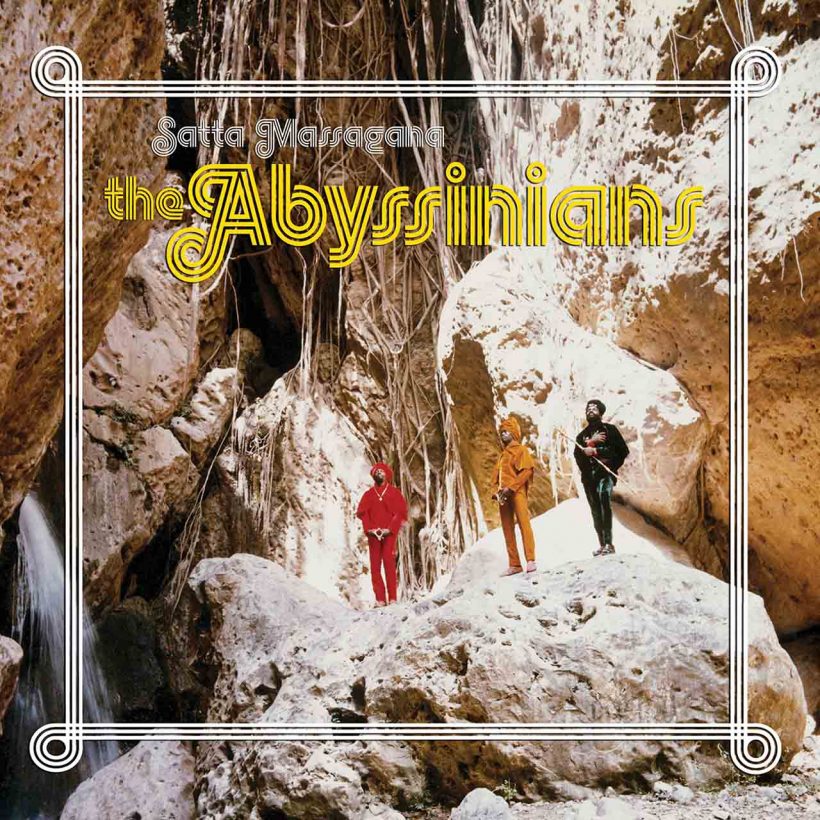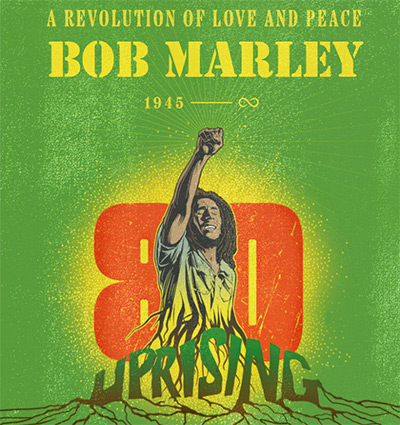‘Satta Massagana’: The Abyssinians’ Roots Reggae Blueprint
The group all but created the blueprint for the roots movement that would dominate reggae in the mid-1970s.

Musically well ahead of its time, The Abyssinians’ “Satta Amassa Ganna” undertook a winding path towards becoming one of reggae’s greatest cultural anthems. Originally recorded in 1969 for Coxsone Dodd’s Studio One as a compositional cousin to Carlton & His Shoes’ rocksteady single “Happy Land,” this devotional hymn to Jah Rastafari and repatriation to Africa (half sung in the ancient Ethiopian language of Amharic) all but created the blueprint for the roots movement that would dominate reggae in the mid-1970s: a haunting minor key rhythm, stunning group vocals, and a spirituality that spoke directly to the sufferation experienced by a significant swath of its listenership.
The song also represented a pivot point for the island’s music industry – away from an old guard out of touch with the genre’s growing dread concerns and towards an independence that could more readily accommodate this evolution. Unable to grasp “Satta Amassa Ganna”’s commercial potential, Coxsone shelved the recording; it would only see release two years later, once the group was able to buy back the master tape and put it out themselves on their own label (to significant sales and acclaim). A series of similarly sublime self-released singles further enhanced the reputation of the trio – lead singer Bernard Collins, and brothers Donald and Linford Manning – as roots progenitors. In 1976 The Abyssinians, at last, released their debut LP showing themselves fully in sync with the movement they helped pioneer.
Listen to The Abyssinians’ Satta Massagana now.
Featuring a number of re-recordings of their early songs alongside new material of equal merit, Satta Massagana is an essential standard-bearer for 70s reggae. And though the more polished updates of such classics as “Declaration of Rights,” “Y Mas Gan,” and “Satta Amassa Gana” lack the lo-fi grit that made the originals resonate so strongly, there’s no denying the sterling work of the all-star cast of supporting players assembled here – among them drummers Sly Dunbar, Leroy “Horsemouth” Wallace, and Mikey “Boo” Richards; bassist Robbie Shakespeare; guitarists Mikey Chung and Earl “Chinna” Smith; and producer/instrumentalist Clive Hunt. Meanwhile the trio’s vocals are imbued with the gravitas intrinsic to conveying the pride of ancestral African heritages, the anguish of the violence inflicted on those heritages, and the appeals for brotherhood and unity as explored in their lyrics. They express these themes with a distinctively mournful beauty, vocalizing prayers on the solemn “The Good Lord,” Biblical references on the righteous “Abendigo,” and hopeful exhortations on the lovely “Forward Unto Zion” and “I and I.”
“African Race” may be the most affecting. Commencing quietly with a striking arrangement of acoustic guitar and electric keyboard, it builds to an indelible refrain: “We are the slave descendants from the African race/Where proud is no disgrace.” Despite the album’s creative triumphs, The Abyssinians would break-up and re-form in various iterations over the years. Recalling their journey in 1993, Donald Manning succinctly observed, “When you listen to the songs, it show you that we were doing spiritual work.” Through it all, Satta Massagana remains a stirring testament to their creative commitment.












